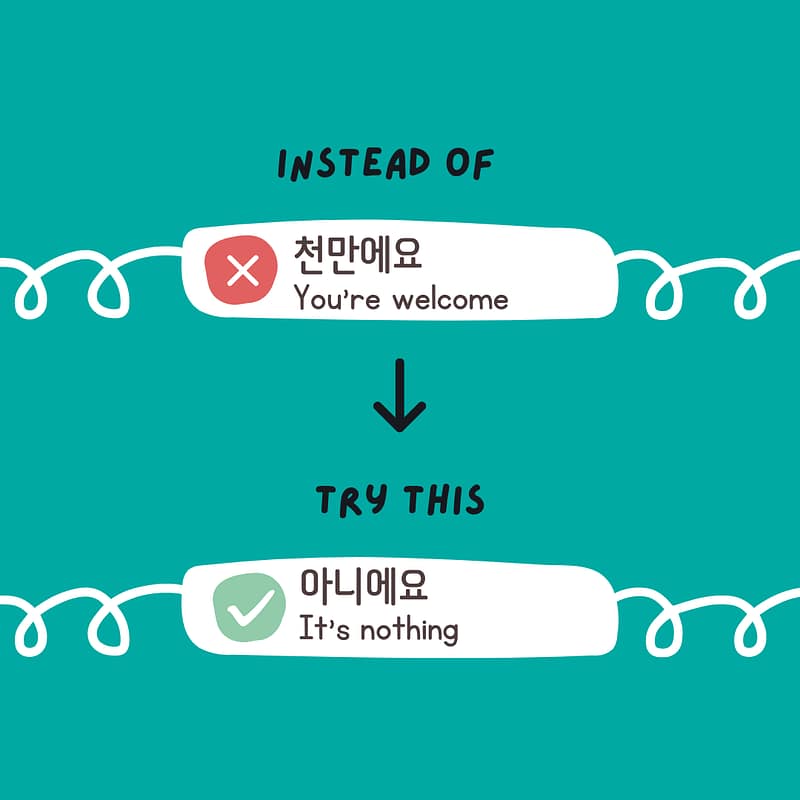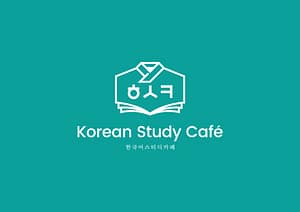Powered by RedCircle
Vanessa: 12화: 아유, 아니예요.
Chris: Episode #12: It’s nothing.
Vanessa: 크리스 씨, 오랜만이에요! 잘 지냈어요?
Chris, long time no see! How are you?
Chris: 네 잘 지냈어요. 휴가 잘 보냈어요?
Yeah, how have you been? Did you have a good vacation?
Vanessa: Yes. I couldn’t travel due to the COVID situation, but I had a good rest at home while doing some catch-up work that I couldn’t do before. 크리스는요?
Chris: I visited a small town near my neighborhood. Oh, by the way… 이거요. 선물이에요.
Vanessa: Whoa! It’s maple syrup! 잘 먹을게요. I’ll enjoy it. 감사합니다
Chris: 천만에요. 맛있게 드세요 Hope you like it!
Vanessa: Thank you very much. Anyway, Chris… If it’s okay, can I give you a correction in the expression you just said?
Chris: Oh, yes! I’m always open to hearing it. Which expression are you going to correct?
Vanessa: Actually, you said it pretty well, but if you want to speak a little more like a native Korean speaker, I would like you to change the 천만에요expression a little.
Chris: 천만에요? This is a completely basic expression. I’m sure I said it correctly.
Vanessa: Yeah, you said it correctly. It is correct to say that 천만에요 as you translated you’re welcome. But in Korean, native speakers usually answer “아니에요,” which means it’s nothing, rather than 천만에요
Chris: It’s nothing? 아니에요? That’s how you answer back?
Vanessa: Yes. In fact, when fully saying “it’s nothing” in Korean it would be 아무것도 아니에요. However, this expression is used so often, so we simply say” 아니에요.”
Chris: Well… Okay. But why do you say 아니에요 instead of 천만에요?
Vanessa: In Korean culture, being humble about your merits, contributions, and consideration for others is viewed as a virtue, so that is why we reply by saying it’s not a big deal.
Chris: Oh, so Koreans use the expression due to humbleness to say it’s not a big deal. Then is the expression천만에요 ever used in everyday life?
Vanessa: Actually, I’ve never met Koreans who reply감사합니다 with천만에요so far in my life.
Chris: What? Then why or how did I learn 천만에요to say you’re welcome?
Vanessa: Maybe it was because the expression Thank you – you’re welcome was literally translated when you learned the expression. However, it’s a little more natural to pair with thank you in Korean with it’s nothing 아니에요.
Chris: Wow. Thanks. I learned one more expression to speak like a native Korean speaker. 감사합니다. 바네사
Vanessa: 아니에요~ Then, shall we practice today’s example?
Chris: Okay!
#1
Vanessa: 크리스 씨, 어제 보고서 도와줘서 정말 고마워요. 제가 나중에 크리스씨한테 꼭 밥 살게요.
Chris, thank you so much for helping me with yesterday’s report. I’ll buy you a meal later.
Chris: 아유~ 아니에요. 별로 큰일도 아닌데요.
Aww, it’s nothing. It’s not a big deal.
#2
Vanessa: 선배님! 숙제 도와줘서 정말 감사합니다.
선배님! Thank you so much for helping me with my homework.
Chris: 아유~ 뭐, 별 거 아니야~
Ahh. it’s nothing
Follow us on Instagram: KoreanStudyCafe.Offical
Follow us on Twitter: @KoreanStudyCafe





